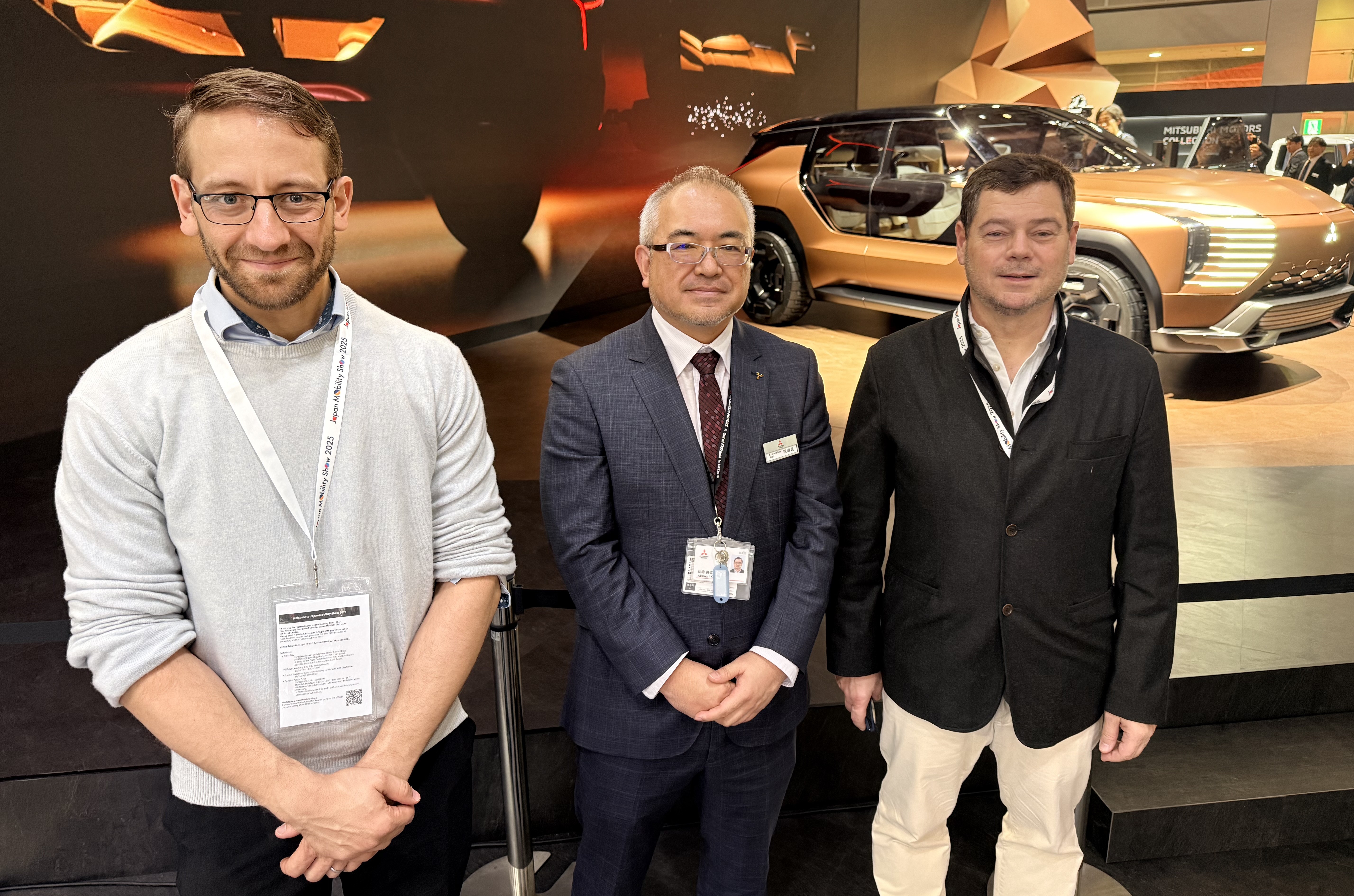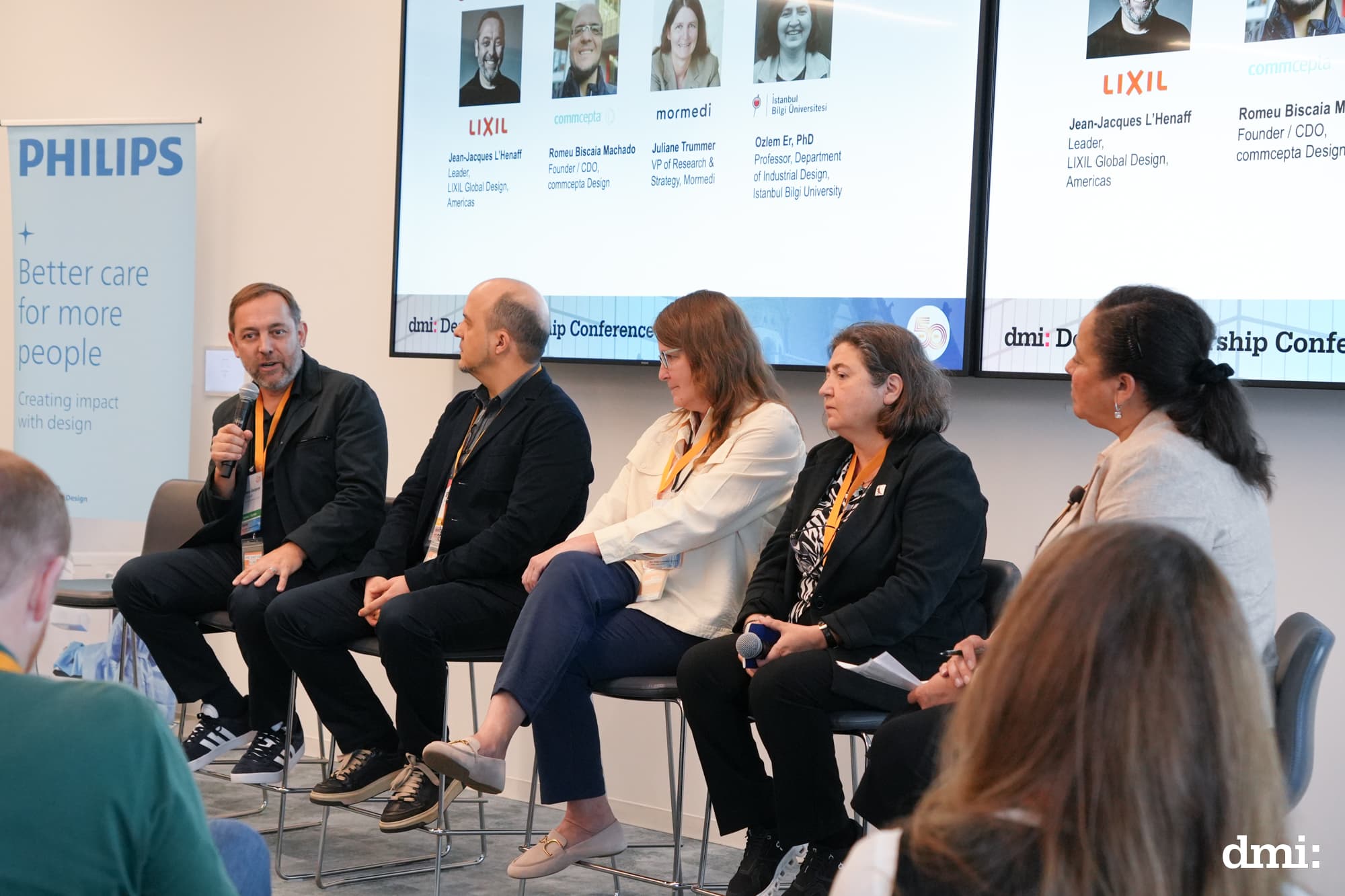Last week, we hosted a mobility panel to discuss the future of urban mobility. Our panel included Karolina Korth, a digital strategy and innovation expert, Jochen Werner, a leading voice in aircraft and automotive design at Airbus, and Sebastian Canadell, a specialist in logistics, mobility, and data from Astara and was moderated by Maruan El Mahgiub, Executive Director of Business Strategy. Some highlights:
Urban Mobility Challenges: A Complex Ecosystem
The panel emphasized that urban mobility is more than just moving people from point A to B; it's a complex ecosystem involving various stakeholders. Cities often lack the resources or expertise to implement necessary solutions independently, underscoring the need for public-private partnerships. The discussion highlighted the importance of collaboration among different sectors to create efficient, inclusive, and sustainable urban mobility solutions.
Innovative Approaches and New Challenges
Karolina spoke about the intersection of mobility and health, using Kuala Lumpur's car-centric design as a case study. Jochen from Airbus and Sebastian from Astara brought perspectives from the aerospace and logistics sectors, respectively. They discussed the integration of different transportation modes and the importance of data and local context in shaping urban mobility.
Co-opetition in Urban Mobility
An interesting development noted in the discussion is the emergence of 'co-opetition' - collaboration between competing entities. As seen in Mormedi's panel, non-traditional players from various industries are converging in the urban mobility space, offering unique solutions that blend physical and digital elements. This trend points towards an increasingly interconnected and competitive landscape.
Towards Data Collaboration and Interoperability
A significant challenge highlighted was the creation of standards for data collaboration and interoperability. The discussion pointed out the need for an environment that fosters both interoperability and trust among stakeholders. This includes setting standards that allow for real-time data analysis, trend monitoring, and performance tracking, as seen in some advanced models like Saudi Arabia’s Data and AI Authority.
Mormedi's Pragmatic Approach
At Mormedi, the focus is on addressing these challenges through pragmatic, step-by-step solutions that bring immediate value. The panel discussion underscored Mormedi's commitment to building solutions that not only solve current problems but also create ecosystems conducive to long-term benefits for all stakeholders involved in urban mobility.
The Mormedi panel discussion provided new insights into urban mobility, highlighting the need for innovative, collaborative approaches to address the sector's complex challenges. The insights gained point towards an exciting future for urban mobility, where technology, data, and strategic partnerships drive transformation.

Let’s grow together!
Have questions about your next growth move?
Mormedi has answers.
.svg)


